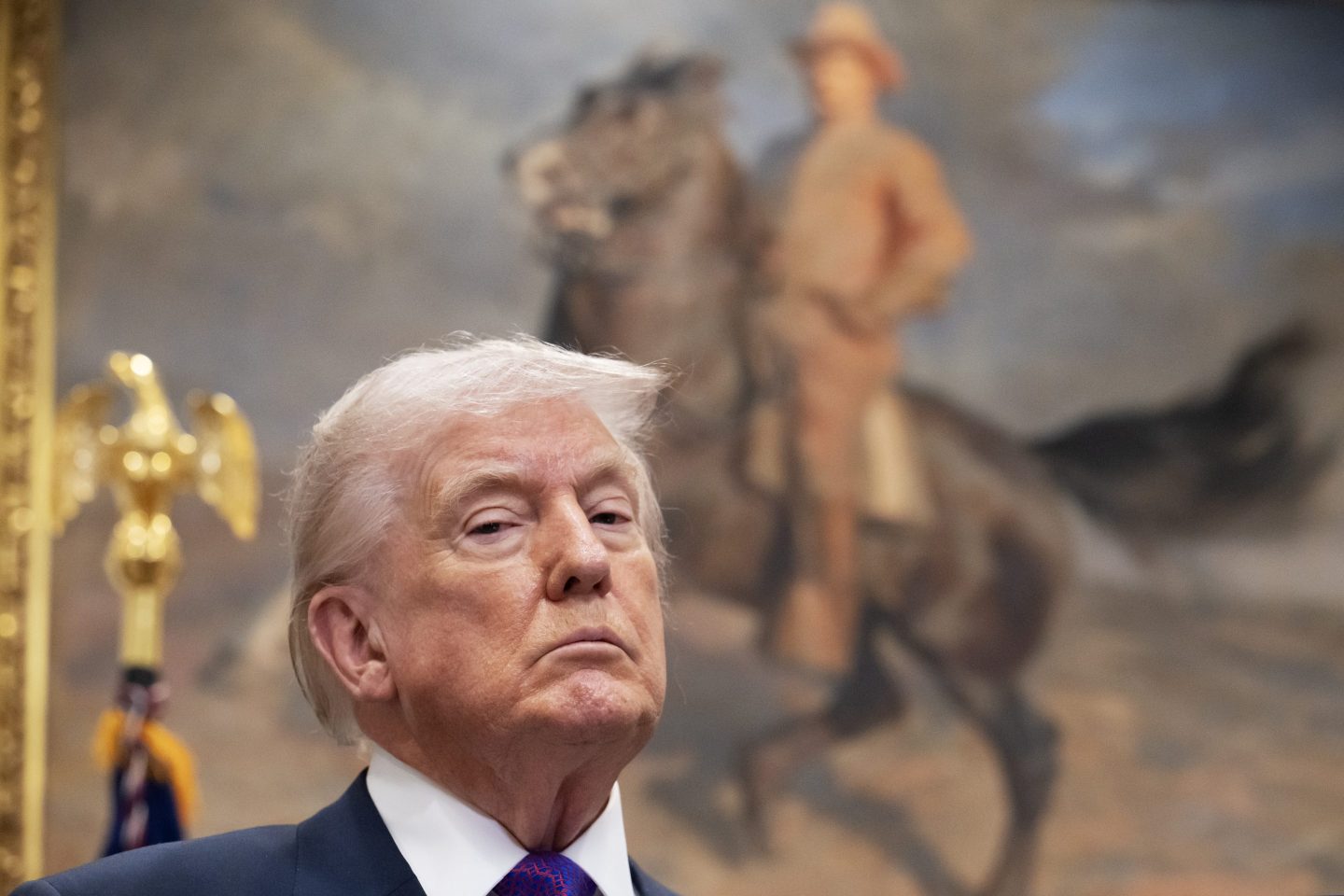Good morning. Peter Vanham here from a rainy Geneva.
Toto Wolff, the Mercedes-AMG Petronas F1 CEO who won eight consecutive Formula One constructor titles, has a message for the German car industry that’s increasingly facing Chinese competition and struggling with electrification: “With a changing environment, you have to adjust direction,” he told me during the F1 mini break. “You have to have agility, based on what the market says.”
Wolff knows a thing or two about changing course. After working in venture capital for the first half of his career, he joined Mercedes in 2013. After his arrival, the team went on an unprecedented winning streak that lasted from 2014 to 2021. Since 2022, however, his Mercedes F1 team has fallen behind rivals Red Bull, McLaren, and Ferrari.
Working in F1 instilled in Wolff a different view on how to deal with competition. Rather than fearing newcomers, he welcomes them and doubles down on his own strengths. He expects 2026—when F1 engines will be 50% electric and 50% powered by biofuel—to be a turning point that will give his team an edge. “We want to set a benchmark in 2026,” he said.
Chinese car companies are among the newcomers he’s ready to embrace. “I think it is a matter of time that Chinese brands are going to discover the innovative nature of F1, and the benefit it can bring for road cars and the massive marketing power that it [has],” he told me. Their inclusion would benefit F1, too, he added.
Wolff is confident his established brand can withstand new rivals. “Chinese brands are technically advanced, and they offer a lot of value,” he said. “But a Mercedes is a Mercedes. Its high tech and luxury. And a statement of success. That’s why they can live next to each other.”
That won’t change even if the entire car industry goes electric, he said. “We are following the direction of the [Mercedes] mothership,” he said. “If in 2039 all of the world is going to be electric, then F1 will be electric … We want to be role models within the automotive world in terms of what we can do [with] technology.”
It is an attitude that other German car companies could learn from. For Mercedes as a whole, it seems to be working: With a $62 billion market cap, it’s now the most valuable German car company, ahead of Volkswagen, BMW, and Porsche.
More news below.
Peter Vanham
peter.vanham@fortune.com
Follow on LinkedIn
TOP NEWS
Harris edges out Trump among multimillionaires
A new UBS report on 971 multimillionaire investors found that 57% planned to vote for Vice President Kamala Harris. Despite that, 51% said Trump would be better for the economy. Fortune
Markets hit record highs on rate cut news
The Dow and Nasdaq both finished the day at record highs yesterday after Fed chair Jerome Powell signaled that more rate cuts are on the horizon. Fortune
Managers criticized for sick visits
Managers at a German Tesla factory were asked to check in on 30 sick workers but were met with slammed doors and threats to call the police. The factory's manufacturing director says the visits were meant to crack down on those taking advantage of the country's generous sick leave policies. Fortune
AROUND THE WATERCOOLER
X is now worth less than 25% of what Elon Musk paid for it by Chris Morris
Trump says he ‘wouldn’t pay’ employees overtime because he ‘hated it’ by Paolo Confino
Is Harris’s father a ‘Marxist’? Not a chance, says the former dean of NYU business school by Greg McKenna
The ultrawealthy use trusts to pass on wealth and motivate their kids—and so can you by Alicia Adamczyk
Stellantis becomes second carmaker to issue profit warning in 4 days as China rivalry bites by Christiaan Hetzner
Companies are craving executives with emotional intelligence—these are the new expectations for business leaders by Emma Burleigh
Nvidia shares fall and its Chinese rivals soar after Beijing urges AI companies to look elsewhere for chips by David Meyer
This edition of CEO Daily was curated by Joey Abrams.












